

Today we face a critical and vast knowledge gap in the areas of health, wellness, and disease progression for women, because, historically, women's health was considered synonymous with reproductive health with little consideration given to the full arc of a woman's life - at all ages and stages.
Friends of Prentice is committed to closing that gap. Our organization works in partnership with Northwestern Medicine Prentice Women's Hospital to fund innovative and leading-edge research and clinical initiatives that benefit the lives of women and infants in our community and across the globe.
On behalf of Friends of Prentice, welcome. My story with Friends of Prentice began thirteen years ago to express my appreciation for what the Prentice nurses and doctors did for my twin boys who passed away in the NICU. Being a part of an organization dedicated to funding innovative research that benefits the lives of women and infants was critical to how I was going to honor my sons. Since joining this board, I have continued to be inspired by FOP’s mission – to fund leading edge research and clinical initiatives that benefit the lives of women across the full arc of her life in our community and across the globe.
As we look ahead to the future of women’s health, there is still a tremendous amount of work to be done. The opportunities to advance the healthcare provided to women remain virtually limitless, while funding for this critical research is not. If you share our enthusiasm for funding the future of women’s health, I encourage you to join us! Learn more about our work, consider volunteering your time and talents and pledge your support by making a donation.



Friends of Prentice has raised over $25M since its inception in 1985 and awarded grants to more than 80 researchers and clinical programs. Many of these FOP grant recipients have gone on to expand their work with later stage funding from prestigious organizations like the National Institutes of Health (NIH).


Friends of Prentice grant recipients are on the front lines of medical advancements, developing compelling data and accelerating research breakthroughs in areas that span the full spectrum of a woman's life.
Behind every innovative idea and medical breakthrough are people: investigators and collaborators working tirelessly behind the scenes to improve the future for countless women and infants.
Your donations help Friends of Prentice fund new, highly-inventive ideas and research that meet a clear need in advancing women's health.
Friends of Prentice Board Member David Grayson joined Fox’s Good Day Chicago during National Nurses Week to shine the spotlight the incredible importance of nurses and the critical impact of our mission. “Being a nurse in the NICU you see all of the aspects of women’s health and the importance that research provides leading to new discoveries in women’s health. I joined Friends of Prentice where we raise money for women’s health research and we give grants to nurses, doctors, physicians, and researchers. It’s a great organization because there’s just not enough funding in women’s health, so we do all we can to raise these funds and give back to the Prentice community and to women’s health in general.”
We’re so grateful for the work and care of David and so many other nurses, Nurses Week and beyond! Learn more about the critical research we fund and to get involved here: https://bit.ly/friendsofprenti...
Read more here.
Last week our Executive Director Kristen Field joined WBBM Radio to discuss express her concern of the impact of government’s budget cuts on medical research. “Women have been excluded from research for decades and we were just included in the last 25 years, so to now have this road block again brings a lot of fear for people. This can set us back really far.” But despite the budget cuts, our mission at Friends of Prentice will not falter. “Women make up half the population and just because you say you can’t include us in research doesn’t mean we’re going anywhere. We’ll take it one day at a time but we remain steadfast in that mission.”Join us in honoring our past and funding the future with a donation. Act now
Read more here.